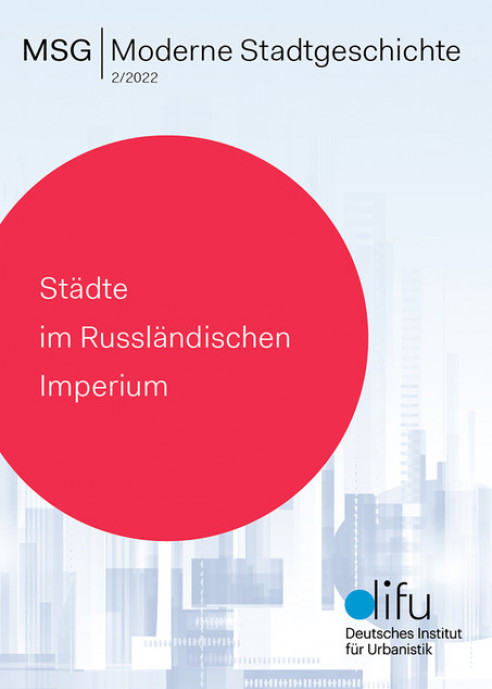Als die Vorstädte aufhörten, Peripherie zu sein. Der Kampf um die Kontrolle der Straße im Madrid der 1930er Jahre
DOI:
https://doi.org/10.60684/msg.v53i2.66Schlagworte:
Madrid, Gewalt, 1930er JahreAbstract
During the interwar period, the suburbs of large Western cities became the quintessential space for mass politics. This article offers a micro-level analysis of the political struggle in the Madrid neighbourhoods of Cuatro Caminos and Tetuán in the 1930s. It first examines social life in the two suburbs and highlights their neglect by various liberal administrations. The article then studies two of the main conflicts that took place on the streets of Cuatro Caminos and Tetuán. On the one hand, it analyses the clashes arising from fascist propaganda in an environment that radical-left organisations considered their own. On the other hand, it discusses the boycott actions that the anarchists, who had a strong presence in Cuatro Caminos and Tetuán, carried out against the socialists. We argue that both conflicts are best understood in the light of the political culture that had been forged in these suburbs during the previous decades.
Downloads
Veröffentlicht
Ausgabe
Rubrik
Lizenz
Copyright (c) 2022 Carlos Hernández Quero, Luis de la Cruz Salanova

Dieses Werk steht unter der Lizenz Creative Commons Namensnennung 4.0 International.






